Collagen stimulation is key to combating signs of aging as natural collagen levels decline with age. Through a combination of topical applications (peptides, retinol, vitamin C), dietary adjustments (amino acids, anti-inflammatory foods, hydration), and lifestyle habits (sun exposure, exercise, gut health), individuals can encourage their body to produce more collagen or enhance existing fibers. This process improves skin elasticity, reduces wrinkles, and restores overall skin health, leading to a rejuvenated and radiant complexion. Consistent collagen stimulation is essential for long-term skincare.
Collagen is the skin’s foundational protein, crucial for maintaining youthful radiance. As we age, natural processes lead to collagen depletion, resulting in fine lines and reduced skin elasticity. Understanding this process is key to unlocking effective strategies for collagen stimulation.
This article delves into the science behind collagen renewal, exploring topical treatments, dietary adjustments, and lifestyle changes that can boost collagen production. By implementing these approaches, individuals can achieve long-term skin renewal and maintain optimal collagen levels.
Understanding Collagen: The Skin's Foundation
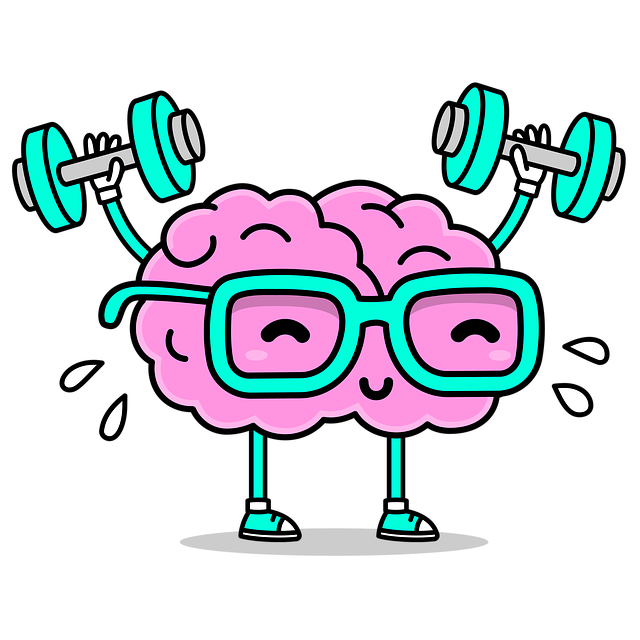
Collagen is a protein that serves as the cornerstone of our skin’s structure, providing strength and elasticity. It’s responsible for the youthful appearance and smoothness we often associate with healthy skin. However, as we age, natural collagen production slows down, leading to wrinkles, fine lines, and a loss of skin firmness. Understanding this fundamental building block is crucial in appreciating the importance of collagen stimulation for effective skin renewal.
Collagen boosting strategies focus on encouraging the body to produce more collagen or enhancing existing collagen fibers. This can be achieved through various methods, including topical applications, dietary adjustments, and certain skincare routines. By stimulating collagen production, these approaches help restore the skin’s natural resilience, resulting in a noticeable improvement in skin texture, reduction of age-related changes, and a radiant, rejuvenated complexion.
Aging and Collagen Depletion: A Natural Process
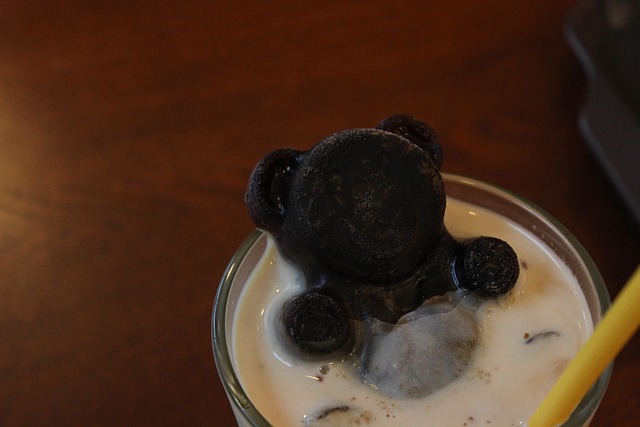
Aging is a natural process that comes with several physical changes, one of which is the gradual depletion of collagen in our skin. Collagen, a protein responsible for providing structure and elasticity to our skin, plays a pivotal role in maintaining a youthful appearance. As we age, our body’s collagen production slows down, leading to wrinkles, fine lines, and a loss of skin firmness. This natural decline can be accelerated by various factors like sun exposure, pollution, and lifestyle choices.
Collagen stimulation is a key concept in skincare that focuses on reversing or at least slowing down this aging process. By encouraging the body to produce more collagen, it becomes possible to rejuvenate the skin, enhancing its overall health and appearance. This can be achieved through various means, including topical applications of collagen-boosting serums and creams, lifestyle adjustments, and certain cosmetic procedures designed to stimulate collagen regeneration.
The Role of Collagen in Skin Renewal
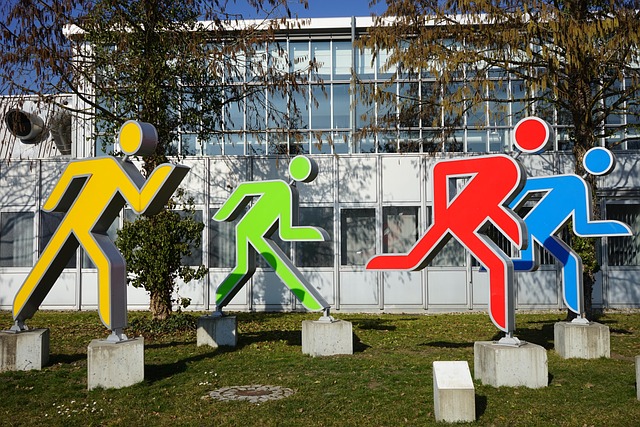
Collagen plays a pivotal role in skin renewal, serving as the foundation for a youthful and radiant complexion. It’s a key protein that contributes to the skin’s elasticity, firmness, and overall structure. As we age, natural collagen production slows down, leading to fine lines, wrinkles, and loss of skin volume. This decline can be accelerated by various factors like UV exposure, lifestyle choices, and environmental stressors.
Collagen stimulation is therefore a crucial aspect of skincare routines aiming for skin renewal. Incorporating products and practices that support collagen production can help reverse age-related changes. Through collagen stimulation, the skin’s natural healing process is enhanced, promoting the synthesis of new collagen fibers and improving skin texture, tone, and overall health.
Unlocking Collagen Production: Topical Approaches

Unlocking Collagen Production: Topical Approaches
Collagen stimulation is a key strategy in skin renewal, as it helps to restore the skin’s elasticity and firmness. Topical approaches play a significant role in enhancing collagen production at the dermal layer. Ingredients like retinol, vitamin C, and peptides have been proven effective in triggering fibroblasts—cells responsible for synthesizing collagen—to produce more of this structural protein. These active ingredients work by signaling cellular pathways that stimulate collagen gene expression and inhibit enzymes that break down existing collagen.
Additionally, certain plant-based extracts, such as those from marine sources or green tea, offer natural collagen stimulation properties. Topical creams incorporating these extracts can mimic the body’s natural processes, promoting the production of new collagen fibers and improving skin texture. By combining these topical approaches with lifestyle factors like adequate hydration and sun protection, individuals can effectively support their skin’s natural renewal process.
Dietary Considerations for Collagen Enhancement

Collagen enhancement through dietary considerations is a key aspect of collagen stimulation, playing a vital role in skin renewal. A diet rich in amino acids, particularly those that are the building blocks of collagen like proline and lysine, can significantly boost collagen production. Foods high in these essential nutrients include lean proteins like fish, poultry, and legumes, as well as citrus fruits and vegetables abundant in vitamins C and K, both of which facilitate collagen synthesis.
Additionally, incorporating anti-inflammatory foods such as turmeric, ginger, and fatty fish into your diet can help reduce the impact of age-related collagen breakdown. Staying hydrated by drinking ample water is also crucial for maintaining skin health, as it aids in collagen structure retention and overall skin elasticity. These dietary adjustments work synergistically to promote collagen stimulation, contributing to a more youthful and radiant complexion.
Lifestyle Factors Influencing Collagen Health
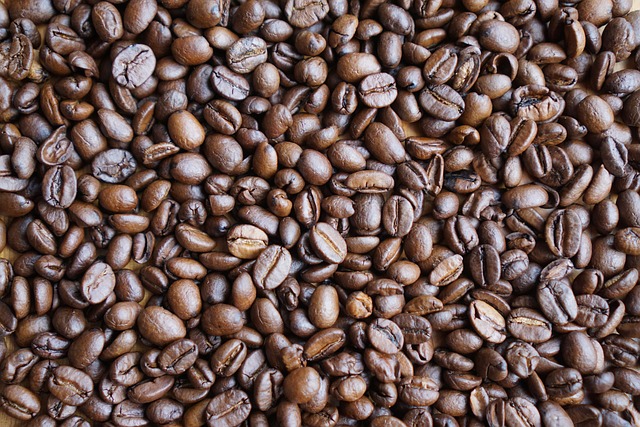
Collagen health, crucial for skin renewal and overall skin vitality, isn’t solely determined by topical products. Several lifestyle factors play a significant role in influencing collagen stimulation. For instance, sun exposure, while harmful due to UV rays, also signals the skin to produce more collagen as a protective response. However, it’s a delicate balance; excessive sun damage can lead to collagen breakdown and premature aging.
Nutrition is another vital aspect. Adequate intake of protein, essential amino acids like lysine and proline, vitamins C and E, and minerals such as zinc and magnesium are instrumental in supporting collagen synthesis. The gut also plays a key role; a healthy gut microbiome promotes better nutrient absorption and overall skin health, indirectly aiding collagen production. Regular exercise further enhances collagen stimulation by improving blood flow, which delivers essential nutrients to the skin cells.
Exploring Collagen-Boosting Treatments

Collagen-boosting treatments have gained significant traction in the skincare industry, offering a promising path toward achieving youthful and radiant skin. These innovative procedures aim to stimulate collagen production, the key protein responsible for maintaining skin elasticity and a smooth texture. By targeting this natural process, various therapies promise visible improvements in fine lines, wrinkles, and overall skin tone.
One popular method is through topical applications of collagen-stimulating serums and creams, enriched with active ingredients like peptides, retinol, and vitamin C. These products work to encourage fibroblasts, the cells responsible for collagen synthesis. Additionally, medical procedures such as microneedling and certain laser therapies create micro-injuries in the skin, triggering a collagen response that can lead to enhanced skin texture and reduced signs of aging. Exploring these treatments opens doors to a rejuvenated complexion, but it’s essential to consult professionals who can guide individuals toward the most suitable and safe options for their specific needs.
Long-Term Care: Maintaining Optimal Collagen Levels
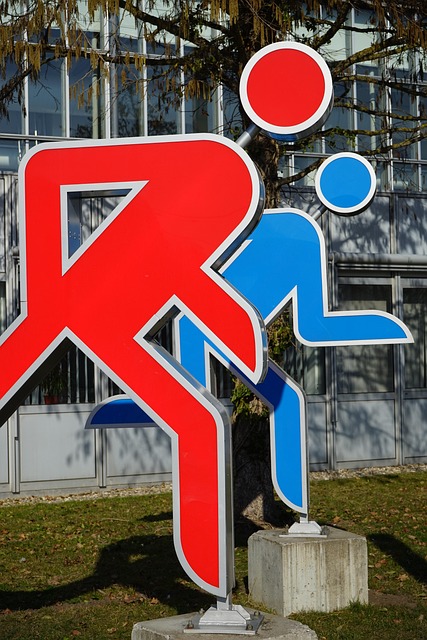
Maintaining optimal collagen levels is key to long-term skin care and renewal. Collagen, a protein that provides structure and elasticity to our skin, naturally decreases with age, leading to wrinkles and reduced skin firmness. However, consistent collagen stimulation through various means can help preserve and even enhance these levels.
Regularly incorporating collagen-boosting practices into your skincare routine is essential. This includes using topicals containing peptides or vitamins C and E, which are known to stimulate collagen production. Additionally, lifestyle factors such as staying hydrated, getting adequate sleep, and maintaining a balanced diet rich in antioxidants play a significant role in supporting healthy collagen levels. These combined efforts ensure that your skin remains resilient, supple, and radiant over time.
